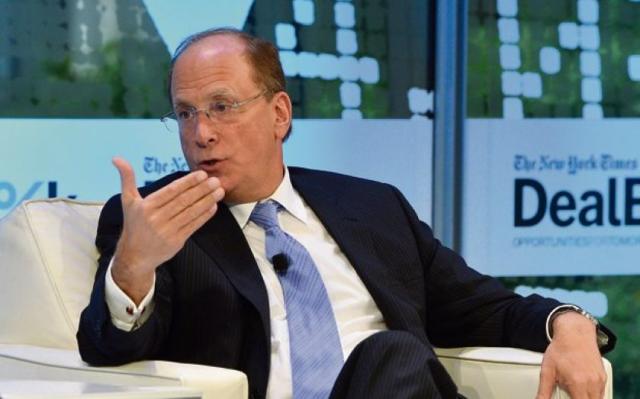In an era defined by unprecedented economic challenges and demographic shifts, the issue of retirement security has taken center stage on the global agenda. Larry Fink, the CEO of BlackRock, the world’s largest money manager, has sounded the alarm on what he perceives as a growing retirement crisis. In his annual letter to shareholders, Fink underscores the pressing need for world leaders to confront this looming crisis head-on and proposes strategic interventions to mitigate its impact.
At the heart of Fink’s concern lies the demographic reality of an aging population, coupled with the strain on retirement safety nets such as Social Security. As life expectancy continues to rise, thanks to medical advancements and breakthroughs, the financial burden of funding extended retirement periods becomes increasingly unsustainable. Fink warns that failure to address this issue proactively could exacerbate income inequality, jeopardize financial stability, and undermine social cohesion.
Central to Fink’s proposed solution is the imperative of increasing investment in capital markets as a means of securing comfortable retirements for individuals. With more than half of BlackRock’s assets dedicated to retirement investments, Fink advocates for greater participation in capital markets to generate wealth and safeguard retirement funds. He contends that capitalism, with its potential to lift people out of poverty and improve quality of life, holds the key to addressing the retirement crisis on a global scale.
Moreover, Fink emphasizes the critical role of infrastructure investment in shaping the future of retirement security. As societies grapple with the challenges of digitization and energy transition, robust infrastructure becomes indispensable for sustaining economic growth and enhancing living standards. Fink asserts that capital markets must play a pivotal role in financing these infrastructure projects, thereby creating opportunities for economic development and job creation while bolstering retirement systems.
BlackRock’s recent acquisition of Global Infrastructure Partners reflects its commitment to expanding its infrastructure investing capacity and leveraging private financing for major projects. Fink believes that growing government deficits underscore the need for private sector involvement in infrastructure development, positioning BlackRock as a key player in addressing this pressing need.
However, Fink’s advocacy for private sector engagement in infrastructure investment and retirement planning has not been without controversy. His previous calls for greater corporate accountability and transparency in environmental, social, and governance (ESG) practices drew criticism from various quarters. In response, Fink has shifted his approach, focusing on empowering individual investors to have a say in corporate governance through initiatives like the pilot program allowing shareholders to vote on proxy matters.
As world leaders grapple with the complexities of the retirement crisis, Fink’s insights offer a valuable roadmap for navigating the challenges ahead. By prioritizing investment in capital markets, fostering public-private partnerships in infrastructure development, and promoting shareholder engagement, stakeholders can work together to ensure a more secure and sustainable retirement future for all.
The retirement crisis demands urgent attention and concerted action from policymakers, industry leaders, and investors alike. By heeding Fink’s call to address this pressing issue, we can lay the groundwork for a more prosperous and equitable future for generations to come.
